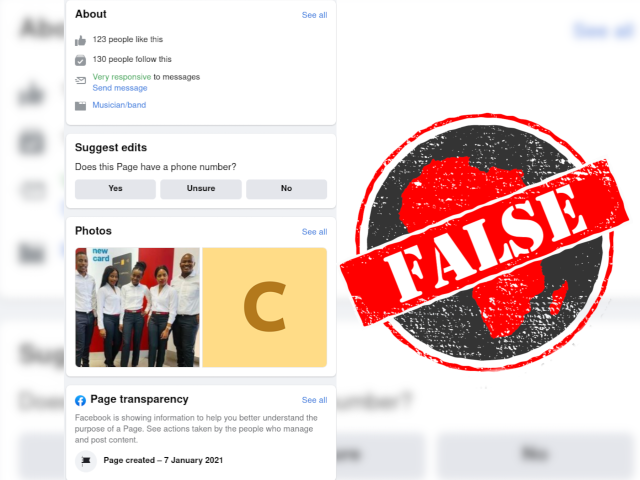IN SHORT: The scam website asks for detailed personal information. This is known as phishing, and could give the fraudsters access to your bank and other accounts.
An amateur-looking website offering visa sponsorships for jobs in Australia is getting attention on Facebook and WhatsApp.
The website’s home page is headed: “AUSTRALIA SPONSORSHIP VISA AND JOB PORTAL 2022 / 2023”.
Text below reads: “Start your journey towards Australia. Now Companies and Employers in Australia will provide Visa Sponsorship to International applicants and they will invite them to work in Australia.”
It adds: “The government is also looking for National & International applicants who can fill the Shortage of jobs in Australia. Australian Public services are giving thousands of jobs.”
The site claims that as many as 195,000 jobs are up for grabs.
It includes an “application form” that asks for personal details such as name, phone number, email, physical address and country of origin.
The site – with the URL intelligencenews.com.ng/Australia – has been posted on Facebook groups with thousands of members.
But is the website and its offer of thousands of jobs in Australia, with visa sponsorship, legit? We checked.

‘Malicious’ website
When we clicked on the link to the website, our computer antivirus program warned us that it was potentially malicious. We took the risk – not recommended – and opened the site to find more about the offer.
We filled in the application form and were directed to the next stage, which asked us to validate our name and current level of education.
After completing this stage, we were told that we had qualified to work and study in Australia on the sponsorship programme. But we had to share the website “with 5 groups or 15 friends on WhatsApp” by clicking on a green button.
It also displayed a message: “You will be redirected automatically to our "VISA FORM" page after the GREEN verification bar is filled.” It added that we would receive a confirmation email within 24 hours after a successful application.
This is a classic example of engagement bait. These are usually social media posts that ask people to interact by liking, commenting or sharing. This increases the post’s reach but ultimately offers no reward, and certainly no work visa.
These scams also try to steal valuable personal information – what’s known as phishing. This information could give them access to your phone via a SIM swap, as well as to your email, bank and other accounts.
Africa Check has exposed similar scam websites before. To help protect yourself against online fraudsters, read our guide to Facebook scams and how to spot them.
Republish our content for free
For publishers: what to do if your post is rated false
A fact-checker has rated your Facebook or Instagram post as “false”, “altered”, “partly false” or “missing context”. This could have serious consequences. What do you do?
Click on our guide for the steps you should follow.
Publishers guideAfrica Check teams up with Facebook
Africa Check is a partner in Meta's third-party fact-checking programme to help stop the spread of false information on social media.
The content we rate as “false” will be downgraded on Facebook and Instagram. This means fewer people will see it.
You can also help identify false information on Facebook. This guide explains how.





Add new comment